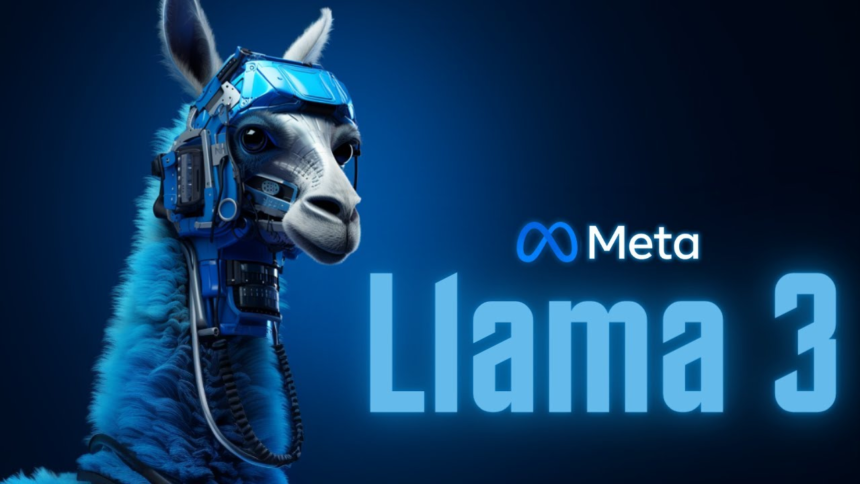- Meta to launch Llama 3, an open-source large language model.
- The model aims to catch up to competitors and address previous versions’ limitations.
- Meta’s cautious approach focuses on text generation.
At a recent event in London, Meta confirmed its plans to release Llama 3, the next generation of its large language model for powering generative AI assistants, within the next month.
Nick Clegg, Meta’s president of global affairs, revealed that the company would roll out a suite of different models with varying capabilities and versatilities throughout the year, starting very soon.

Catching up to the competition
Meta has been working to catch up to OpenAI, which took the tech world by surprise with the launch of ChatGPT over a year ago.
Meta’s cautious approach to AI hasn’t been well-received by the public, with previous versions of Llama criticized as too limited.

Llama 3, which is larger in scope than its predecessors, is expected to address these concerns by providing more accurate answers and fielding a wider range of questions, including more controversial topics.
Open source philosophy and cautious approach
Meta’s Llama families, built as open source products, represent a different philosophical approach to AI development compared to more proprietary models. By taking this approach, Meta hopes to gain favor with developers.
However, the company is also taking a more cautious approach, especially when it comes to other generative AI beyond text generation. Meta is not yet releasing Emu, its image generation tool, as it focuses on latency, safety, and ease of use.

Despite the push for Llama 3, Meta’s chief AI scientist, Yann LeCun, expressed skepticism about the limitations of generative AI overall, predicting that joint embedding predicting architecture (JEPA) will be the future of AI.









